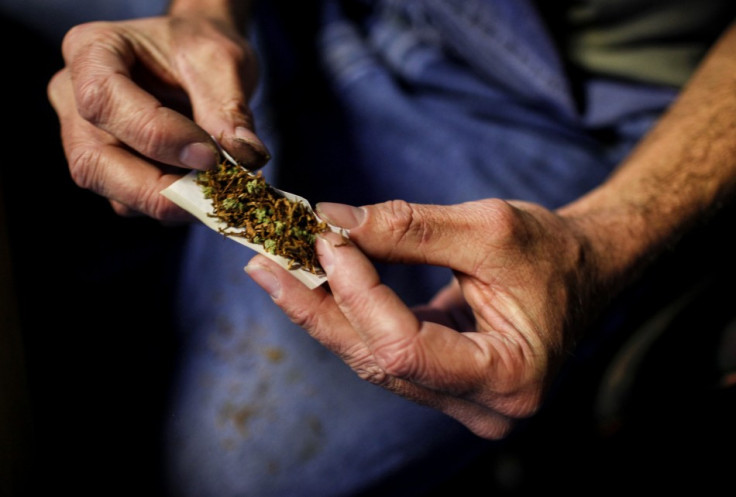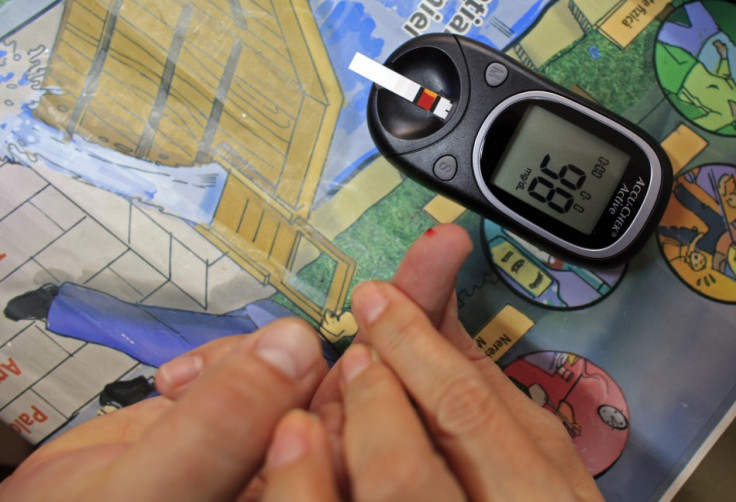Regular Cannabis Users ‘Have Better Blood Sugar Control’

People who regularly use cannabis have better blood sugar control than those who do not, providing implications for use of the drug in diabetic control.
Research published in the American Journal of Medicine found current marijuana users are less likely to be insulin resistant and have significantly lower fasting insulin levels, even after patients with diabetes were excluded from the study.
The ream found cannabis users' fasting insulin levels were 16% lower than non-users.
People with diabetes has high blood sugar levels because the pancreas does not produce enough insulin or because cells do not respond to insulin being produced.
They must manage the disease by monitoring and managing their blood sugar levels with diet, exercise and medication.
People with Type 2 diabetes are insulin resistant, where cells cannot respond to insulin. This form of the disease often develops in people who are overweight or obese.
Cannabis in becoming increasingly used for medical purposes, with the active ingredient tetrahydrocannabinol (THC) approved in the US as a treatment for the side effect of chemotherapy. It is legal for recreational use in two states and 19 for medical use.
The researchers looked at data obtained through the National Health and Nutrition Survey between 2005 and 2010.
They looked at questionnaires from 4,657 people, of which 579 were regular cannabis users, 1,975 had used marijuana but not regularly and 2,103 had never used the drug.
Insulin and glucose were measured through blood samples after a nine hour fast and insulin resistance was calculated.
The team found that people who had used cannabis in the last month had lower levels of fasting insulin and insulin resistance and higher levels of high-density lipoprotein cholesterol (HDL-C), which is associated with better cardiovascular health.

People who had used cannabis but not in the last month had weaker associations, but still had lower blood sugar levels than non-users, suggesting cannabis has an impact on insulin and insulin resistance during periods of recent use.
Findings also showed that people who used cannabis had a smaller waist circumference than those who did not take the drug, despite users having a higher average caloric intake, but this was not explained by the team.
Study author Elizabeth Penner said: "It is possible that the inverse association in fasting insulin levels and insulin resistance seen among current marijuana users could be in part due to changes in usage patterns among those with a diagnosis of diabetes (i.e., those with diabetes may have been told to cease smoking).
"However, after we excluded those subjects with a diagnosis of diabetes mellitus, the associations between marijuana use and insulin levels, [insulin resistance], waist circumference, and HDL-C were similar and remained statistically significant."
The team said the data on cannabis use could be flawed as participants self-reported their use levels and may not have been honest. However, they also noted that underestimation of drug use would have shown no association between blood sugar levels and cannabis use.
Joseph Alpert, editor in chief of the American Journal of Medicine said the team's results were "remarkable".
"We desperately need a great deal more basic and clinical research into the short and long-term effects of marijuana in a variety of clinical settings such as cancer, diabetes, and frailty of the elderly," he said.
"I would like to call on the National Institutes of Health and the Drug Enforcement Administration to collaborate in developing policies to implement solid scientific investigations that would lead to information assisting physicians in the proper use and prescription of THC in its synthetic or herbal form."
© Copyright IBTimes 2024. All rights reserved.







